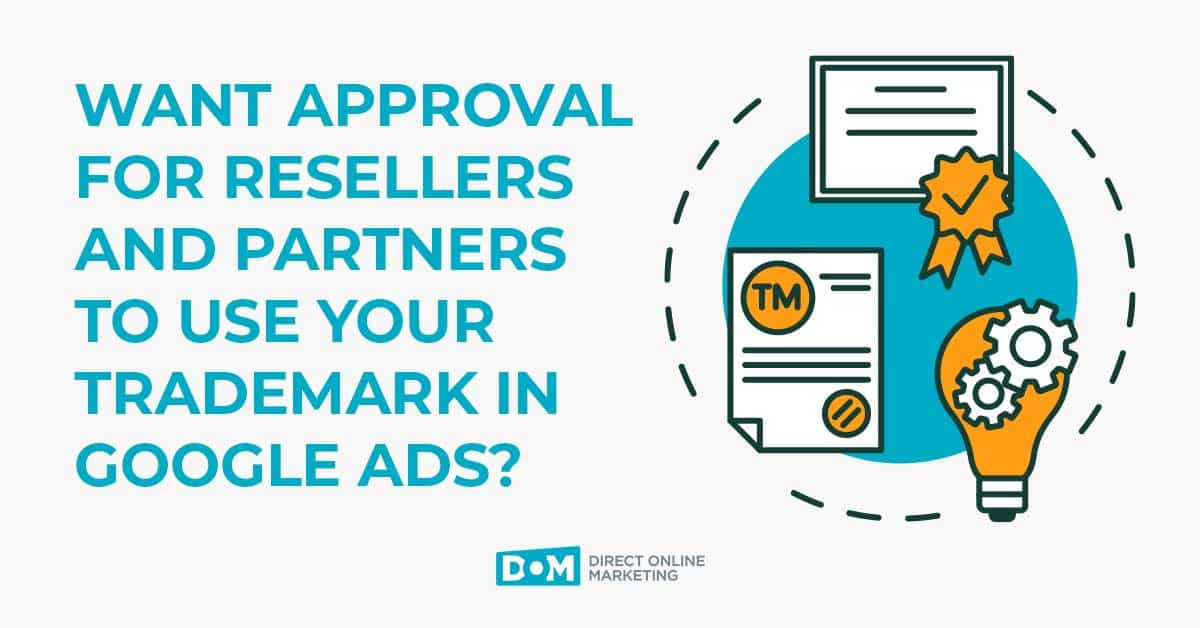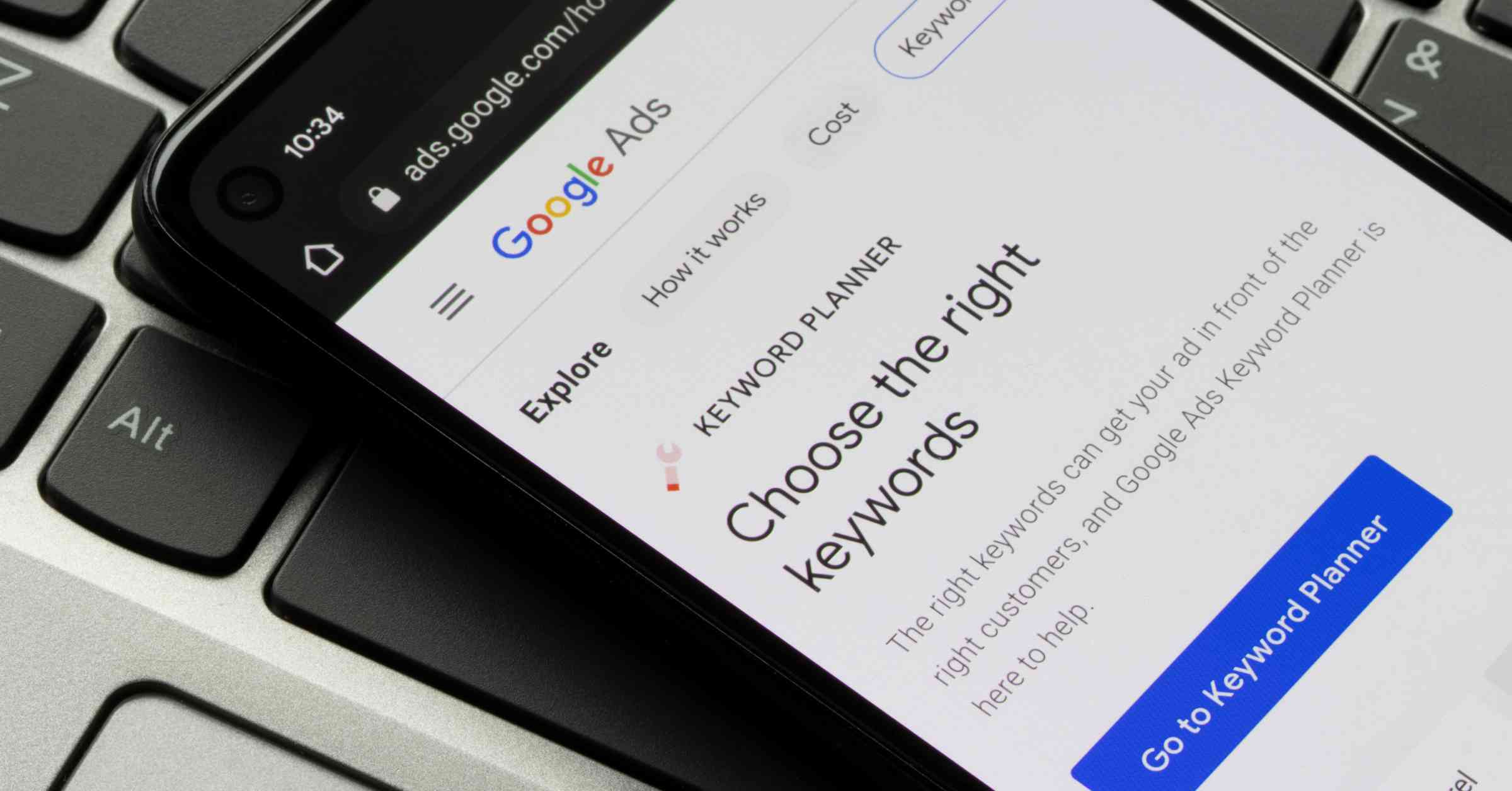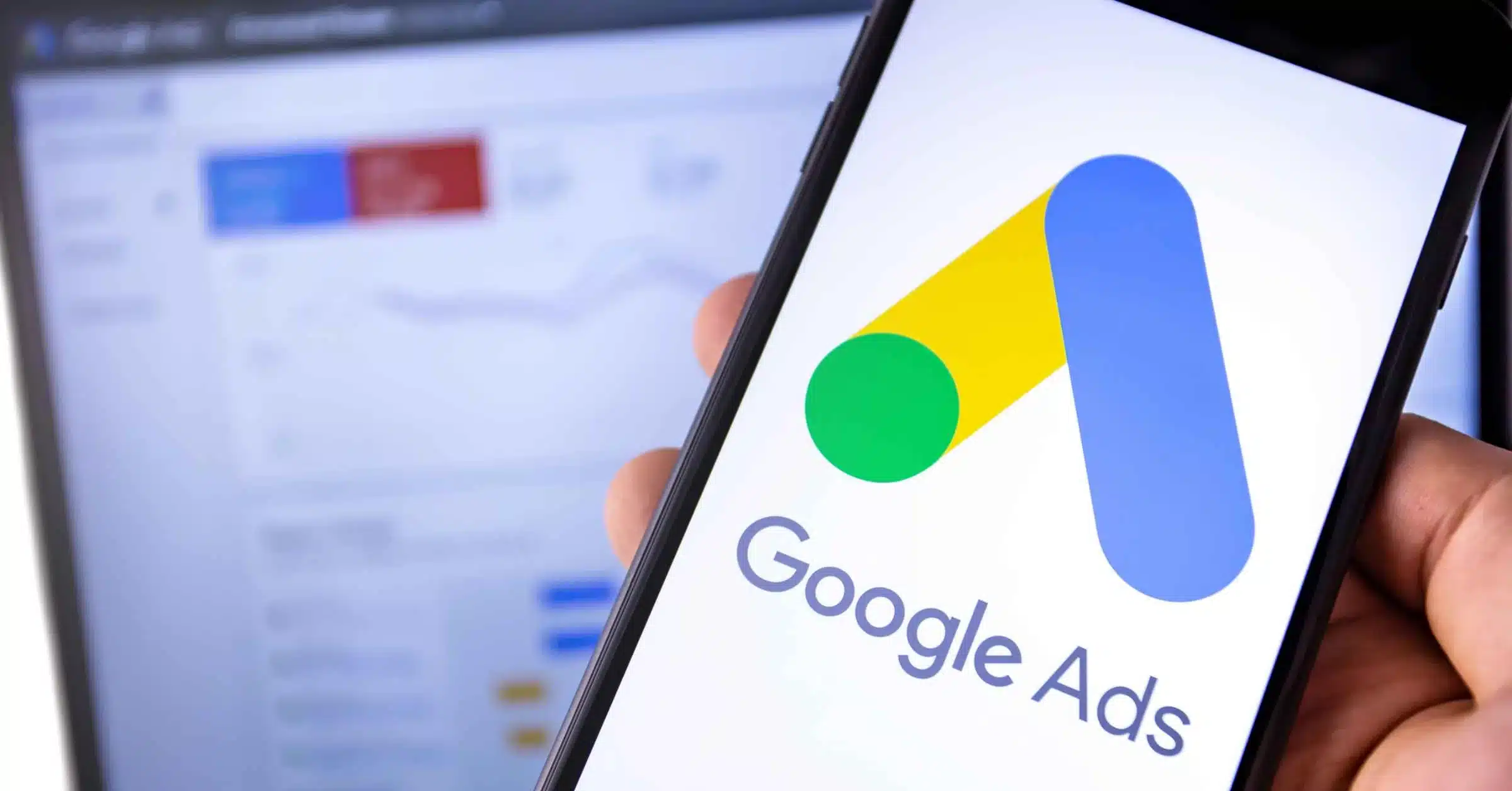As we mentioned previously, on September 8, 2010, Google launched Google Instant, a search enhancement that shows results as you type. Since then much has been speculated about its effect on paid search. A study conducted by Marin Software was published last month, with some interesting results. Primarily three changes were realized in paid search.
The first noticeable difference since the launch of Google Instant is a significant increase in both impressions and clicks. This suggests that users are interacting with the predicted search results while they are typing. Impressions are counted anytime a user stops typing for three or more seconds. So an increase in the number of impressions was to be expected. The rise in clicks indicates user engagement.
Another anticipated change that occurred was an increase in shorter search queries (3 words or less – often called short tail). However, the most intriguing aspect of this was in match-type distribution. While it was commonly thought that an increase in shorter search queries would lead to more expensive broad-matched search terms, the opposite occurred. Exact and phrase match have actually gained in popularity (see chart below). One explanation suggests that users’ search queries are actually being lengthened to longer tail keywords as they select given search queries. Additionally, exact and phrase match types are more closely correlated with these token keywords.
Average CPC also declined since the launch of Google Instant. The study accredits this change to advertisers not appropriately adjusting budgets. When the number of clicks increased, budgets were quickly depleted. Once depleted, ads were halted for the day and keyword competition declined, resulting in lower CPCs. However, this may be short-lived as advertisers gain better grasp of just how Google Instant is affecting their paid search accounts.
Google Instant didn’t turn paid search on its head after all as many had expected. The data we’ve seen from managing our clients’ accounts backs up the information in the Marin report as well. It has however changed the search user experience, and therefore behavior. Since Google Instant is still in its infancy, advertisers will continue to draw conclusions to its affect on paid search. We’ll keep you posted.


